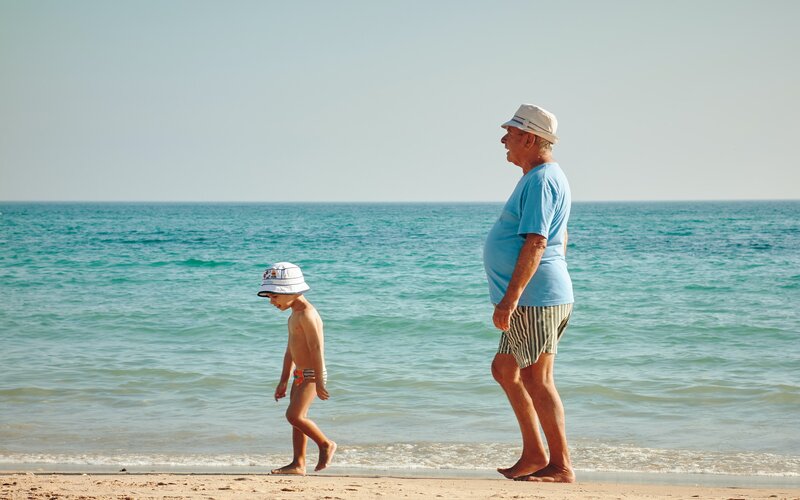The Choosi Cost of Kids Report 2023 revealed the estimated annual average spend on child(ren) is $12,823 per household.
Childcare (55%), nappies/hygiene (55%), and safety car seat costs (47%) emerged as the top three most expensive costs of having kids.
The research shows that couples planning to have children feel they should have at least on average $31,462 in savings before starting a family.
Yet, only half of those are willing to sacrifice their current lifestyle (53%) or discretionary income spending (53%) to save up this amount.
Wealth Adviser Kathryn Creasy said most young families don’t always anticipate that childcare can be more expensive on an annual basis than private school fees.
“This can make parenting decisions very difficult, particularly when the monetary benefit of having a child in daycare versus the wage a parent can earn working for that day is low,” Ms Creasy said.
“Rather than savings for childcare costs, families tend to ensure that the ongoing income of a second working parent can be more than enough to cover the cost of childcare.
“Families should ensure that they can pay for the important things first such as housing, healthcare, food, and clothing. Then they can plan for discretionary spending.”
| Childcare | 55% |
| Nappies and hygiene | 55% |
| Safety car seats | 47% |
| Food and groceries | 46% |
| Prams | 41% |
| Clothes and footwear | 39% |
| Preparing nursery | 34% |
| Upgrading car | 33% |
| Pharmaceuticals and healthcare | 33% |
| Cots and changing tables | 32% |
Source: Choosi - The 10 most expensive costs of starting to have children
Of the 1,210 respondents, almost half (47%) of the couples planning to start a family feel local and global societal shifts such as the rising cost of living has impacted their decision around when to start having children.
When it comes to external financial help, many couples planning to start a family (63%) are expecting to get at least some financial support from their family.
However, just over two-in-five parents (42%) claimed to receive financial support from their family.
How much birthday and pocket money are kids getting?
On average, kids are receiving $21 every week in pocket money - $1,100 annually.
This equates to $4.2 billion Australia-wide annually.
In terms of birthday gifts, parents are spending $223 per child every year along with $320 on the actual birthday party itself.
Education costing parents an arm and a leg
One of the biggest concerns for parents is the cost of education for their kids.
To prepare for the expenses, almost two-in-five (39%) said they started saving early, with almost half (44%) reporting that, in hindsight, they did not save enough.
On average, parents estimate childcare and education is costing them $6,572 per year.
According to Futurity Investment's Cost of Education Index, the national average cost for a government education was revealed to be $81,661.50 - this includes putting a child through 13 years of school.
In capital cities, state education for a single child will set caregivers back $87,528 on average, while a Catholic education costs $174,061.50.
Meanwhile, an Independent education is expected to set parents back $254,908.50.
Futurity Investment Group Executive Katie Hill anticipates rising education costs to put further pressure on families.
"More than ever, the costs associated with education are placing more of a burden on Australian families, who are already stretched by the spiralling cost of living and rising interest rates," Ms Hill said.
“With less discretionary money to spend, it’s going to be a challenge for some families to pay for education."
Advertisement
Need somewhere to store cash and earn interest? The table below features savings accounts with some of the highest interest rates on the market.
Image by Lukas via Pexels







 Denise Raward
Denise Raward


 Aaron Bell
Aaron Bell
 Alex Brewster
Alex Brewster

